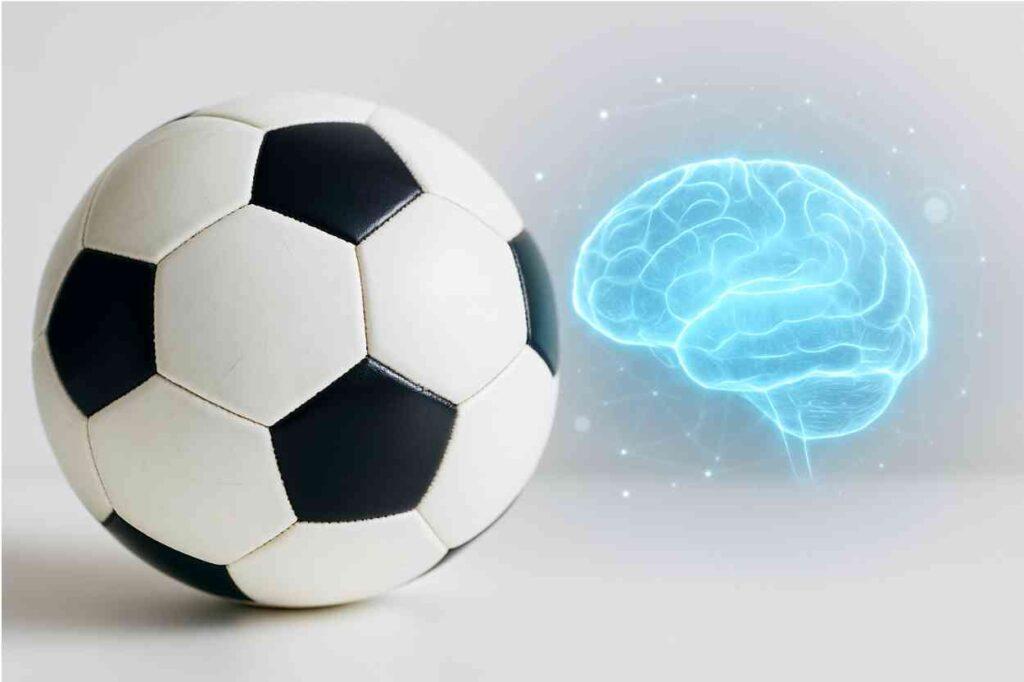Few questions have caused as much debate in the betting world as whether artificial intelligence can outperform human tipsters. For decades, betting advice was dominated by intuition. People trusted analysts with strong reputations, former players, veteran bettors, or loud experts who sounded confident enough to influence public opinion. But 2025 is different. The betting landscape has evolved into a space where data, tactical interpretation, and advanced computing power are beginning to overshadow instinct. The comparison between AI and human tipsters has shifted from theory to reality, and bettors are finally seeing just how wide the gap is becoming.

Why Human Tipsters Became Less Reliable
Human prediction has always had its charm. Some tipsters genuinely understand football deeply—how a team presses, how formations react to each other, how substitutions change momentum. But even the best human minds are vulnerable to bias. Reputation influences perception. Emotional connection to clubs affects judgment. A dramatic win makes a team look stronger than they truly are. A late red card loss can distort how their next match is evaluated. These emotional swings make human analysis inconsistent.
The challenge is that football is too complex for instinct alone. A single match contains countless micro-events: spacing, transitions, narrow overloads, fatigue dips, goalkeeper distribution patterns, and second-ball reactions. A human analyst can notice some of these but never all. That’s where AI begins to separate itself. It doesn’t forget patterns. It doesn’t overvalue reputation. It doesn’t panic after one unusual result. It studies football in a far more consistent way.
How AI Interprets Football Differently
When bettors talk about AI “beating” human tipsters, they’re not referring to simple statistics. They’re talking about systems that read football structurally examining passing networks, defensive compression, chance creation quality, and a team’s ability to resist pressure. These models don’t look at isolated numbers. They look at relationships. They interpret how midfielders progress the ball, how defensive lines react to vertical threats, and how often forwards convert low-value chances into meaningful probability.
Because AI processes so much information simultaneously, it sees patterns that even experienced analysts miss. This is why platforms like Tipsfame have become go-to resources for bettors seeking clearer, more structured analysis. Instead of relying on sentiment or reputation, the system evaluates performance indicators that matter over time, creating predictions that feel grounded rather than speculative.
The Psychology Factor: Where Humans Fall Short
One of the biggest weaknesses of human tipsters is psychological bias. Confidence is often mistaken for expertise. Many tipsters convince audiences through style rather than substance. The problem is that bettors who follow personality-driven prediction eventually face the inconsistency behind the voice. The human brain loves stories—revenge matches, derby narratives, “must-win” situations—but football outcomes aren’t decided by stories. They’re decided by patterns.
AI removes this psychological noise. It doesn’t believe in momentum unless it’s supported by measurable trends. It doesn’t see a “must win” situation unless the structure of the team actually changes to prove it. This objectivity is why AI continues to outperform emotional predictions, especially over long betting cycles.
The Rise of Structured Prediction Pages
One clear example of AI outperforming human intuition is the way modern prediction pages are organised. Instead of listing random “tips,” platforms now provide structured sections that guide bettors through probability-based outcomes. A good example is the style of soccervista pages, such as the ones found on Tipsfame. These pages do not rely on personal opinion. They break down matches in a clean, consistent way, focusing on core performance indicators.
This structured approach appeals to modern bettors who want clarity rather than hype. They’d rather see a team’s tactical flaws and strengths explained than be told a tipster “has a feeling.” The demand for reasoning over personality is a major factor in why AI continues gaining trust.
Where Human Analysts Still Matter
Even with all the data in the world, football is not a mathematical puzzle. It carries emotional layers no machine fully understands. A derby can ignore historical form. A manager’s locker-room talk can alter effort levels dramatically. A player returning from injury may perform differently than predicted due to psychological pressure rather than tactical fit.
This is where experienced analysts still provide value. Humans understand emotions, rivalries, desperation, and fear—things AI cannot quantify. The best results come from a combination of AI and human insight. AI provides depth and consistency. Humans provide context. When the two align, predictions become more complete and more realistic.
Correct Scores: A Market Where AI Dominates
If there is one area where AI clearly outperforms human tipsters, it’s correct score prediction. The human mind struggles to evaluate score probabilities because it leans heavily on emotion. People predict 3–1 because it “feels right,” or 2–0 because it’s a common scoreline. AI, on the other hand, evaluates chance quality, defensive patterns, finishing efficiency, and risk levels. It calculates the likelihood of a match staying tight versus opening up.
This difference is why markets like the 666 correct score prediction section on Tipsfame have become highly valued. They use structured probability models rather than guesswork. Over time, AI consistently outperforms emotional scoreline predictions.
The Blending of AI and Human Insight in 2025
By 2025, the question isn’t whether AI can beat human tipsters it already has in most measurable categories. The real question is how humans will use AI to improve their reasoning. Bettors who succeed in the new landscape are the ones who embrace AI-enhanced insights while still applying their understanding of football’s emotional layers. It’s not a battle between humans and AI. It’s a collaboration.
Prediction platforms like Tipsfame are at the center of this new era because they combine the strengths of both. Their analysis respects the psychological realities of football while consistently incorporating AI-driven metrics that keep predictions grounded.
The Verdict: AI Wins in Consistency, Humans Win in Context
Over a long period, AI outperforms human tipsters because it doesn’t fall for emotional traps. It remains stable. It remains objective. It treats every match as a data-driven puzzle. Humans remain valuable because they understand pressure, rivalry, desperation, and shifts in mentality—factors machines cannot feel.The truth is simple: AI beats human tipsters in accuracy and consistency, while humans complement AI with insight and narrative awareness. The bettors who thrive in 2025 are the ones who use both, blending the machine’s clarity with the human’s intuition. In the end, the future of prediction belongs to those who evolve with the tools that make football analysis smarter, sharper, and more reliable than ever.
Read More:



